
Recommendation
For anyone who beholds China’s skyscrapers and high-speed trains, it’s easy to believe that the explosion of economic success could lead to sweeping political change. Many believe the country’s dramatic economic rise has set the stage for an inevitable switch to a more open society. But there’s a major problem with this premise, argues China expert Carl Minzner: Beijing has no interest in relinquishing control. If anything, under Xi Jinping’s leadership, China has grown more repressive. Minzner paints a bleak picture of modern life in China as he describes rising official corruption and a dwindling tolerance for dissent. He notes that China’s economy has grown sclerotic and unequal and – perhaps more important – that Xi’s repressive regime allows no escape valve for peaceful protest, let alone regime change. As a result, China sees deeply distressing episodes of protesters immolating themselves or threatening suicide in other ways – and, frequently, following through. getAbstract recommends this elegantly written and persuasively argued study as a pessimistic counterview to those who believe that China is on its way to becoming a Western-style democracy.
Summary
About the Author
Carl Minzner is a professor at Fordham Law School and a China expert who has written widely about Chinese law and governance.








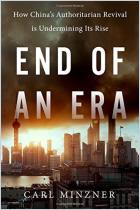
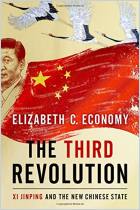
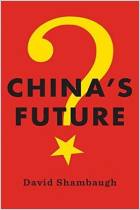
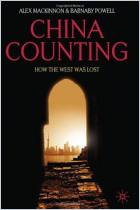
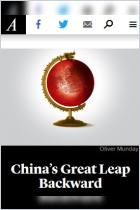
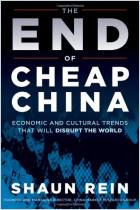
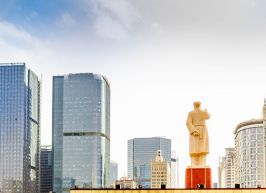

Comment on this summary